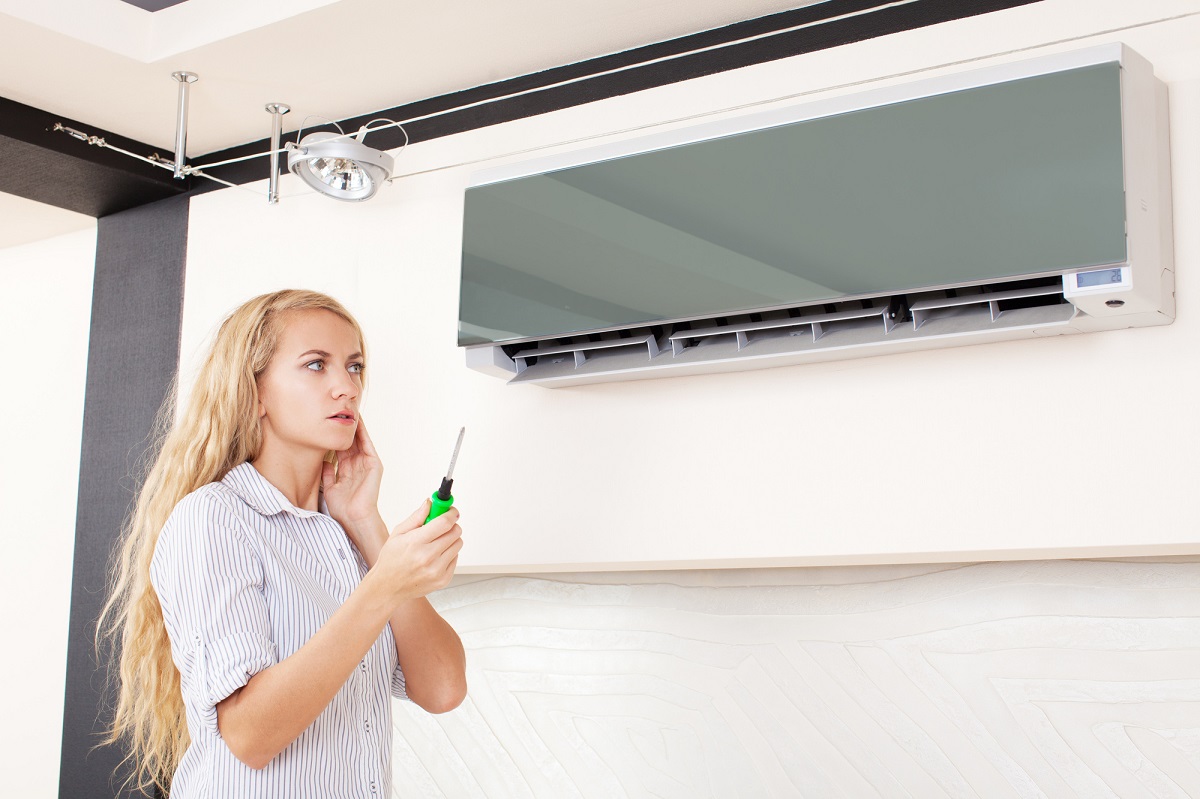

Articles
Why Is My AC Making A Buzzing Noise
Modified: January 19, 2024
Discover why your AC is making a buzzing noise with our informative articles about common HVAC issues and troubleshooting tips.
(Many of the links in this article redirect to a specific reviewed product. Your purchase of these products through affiliate links helps to generate commission for Storables.com, at no extra cost. Learn more)
Introduction
Imagine enjoying a peaceful evening at home when suddenly, your air conditioner starts making a buzzing noise. It’s not only annoying but also a cause for concern. A buzzing noise from your AC unit can indicate underlying issues that need to be addressed promptly to avoid further damage and discomfort.
In this article, we will explore the common causes of buzzing noise in an air conditioner and provide solutions to help you troubleshoot and fix the problem. By understanding the potential culprits behind the buzzing noise, you can take appropriate steps to ensure the smooth operation of your AC unit.
Before we delve into the causes and solutions, it’s essential to note that while some DIY fixes might be possible, it is always recommended to consult a professional HVAC technician for a proper diagnosis and repair.
Now let’s explore the most common causes of a buzzing noise in an AC unit and how to address each issue.
Key Takeaways:
- Addressing buzzing noise in your AC involves tightening or replacing loose parts, checking electrical connections, and repairing refrigerant leaks. Regular maintenance is crucial for optimal performance and quiet operation.
- Cleaning or replacing air filters, lubricating or replacing fan motors, and repairing condenser coils can effectively eliminate buzzing noises in your AC. Professional assistance is recommended for complex issues.
Common Causes of Buzzing Noise in AC
When you hear a buzzing noise coming from your air conditioner, it’s crucial to identify the root cause. Here are some common culprits that may be responsible for the buzzing noise:
- Loose or Damaged Parts: One of the most common causes of a buzzing noise in an AC unit is loose or damaged parts. Components such as fans, motor mounts, or blades can become loose over time, leading to vibrations and buzzing sounds.
- Electrical Issues: Faulty electrical connections, loose wires, or malfunctioning relays can also cause a buzzing noise in your AC unit. These issues need to be addressed promptly to avoid potential damage to the electrical system.
- Refrigerant Leak: If there is a refrigerant leak in your air conditioning system, it can cause the compressor to work harder than usual, leading to buzzing or humming sounds. Refrigerant leaks require immediate attention to prevent further damage to the AC unit.
- Dirty Air Filters: Over time, air filters in your AC unit can accumulate dust, dirt, and debris. Clogged or dirty filters restrict airflow, causing the system to work harder and produce buzzing noises.
- Fan Issues: A malfunctioning fan motor, worn-out bearings, or imbalanced blades can create a buzzing noise in your AC unit. The imbalance can lead to vibrations that produce the buzzing sound.
- Condenser Coil Problems: The condenser coil is responsible for releasing heat from your AC unit. If the coil is dirty or damaged, it can impede the cooling process and create buzzing noises.
Now that we have identified the common causes of a buzzing noise in an AC unit, let’s explore how to address each issue and restore the peaceful operation of your air conditioner.
Loose or Damaged Parts
When components in your air conditioner become loose or damaged, they can cause vibrations and buzzing noises. Here are some steps to address this issue:
- Tightening: Start by inspecting the various parts of your AC unit, such as the fan blades, motor mounts, and panels. If you notice any looseness, use a screwdriver or wrench to tighten the screws and bolts. This simple step may eliminate the buzzing noise caused by loose parts.
- Replacing Damaged Parts: If you find damaged components during your inspection, such as cracked fan blades or worn-out motor mounts, they may need to be replaced. Consult a professional HVAC technician to identify the specific parts that require replacement and ensure proper installation.
- Balancing the Fan Blades: Imbalanced fan blades can also result in buzzing noises. To address this, turn off the power to the air conditioner and inspect the fan blades. If there is noticeable imbalance, you can use a fan blade balancing kit to correct it. Follow the manufacturer’s instructions for balancing the blades properly.
Remember, when dealing with loose or damaged parts in your AC unit, it’s best to seek professional assistance if you’re unsure about proper procedures or if major repairs are needed.
Now that we have covered the first common cause of buzzing noise, let’s move on to the next one: electrical issues.
Electrical Issues
Electrical issues can contribute to a buzzing noise in your air conditioner. Here’s what you can do to address electrical problems:
- Check Electrical Connections: Start by inspecting the electrical connections in your AC unit. Look for loose or disconnected wires and reconnect them securely. If you notice any damaged wires or connectors, they may need to be replaced. It is important to turn off the power to the AC unit before working on any electrical components to ensure your safety.
- Replace Faulty Relays: Malfunctioning relays can also cause buzzing noises. Relays control the flow of electricity in your air conditioner. If you suspect a faulty relay, consult a professional technician to diagnose and replace it if necessary.
- Hire a Professional Electrician: If you’re not comfortable working with electrical components or unsure of the problem’s source, it’s best to consult a professional electrician or HVAC technician. They have the expertise to identify and resolve electrical issues efficiently and safely.
Remember, dealing with electricity can be dangerous, so caution should always be exercised. Letting a qualified professional inspect and handle electrical issues is the best way to ensure the safety and proper operation of your AC unit.
Now let’s move on to the next common cause of buzzing noise: refrigerant leaks.
Refrigerant Leak
A refrigerant leak in your air conditioning system can lead to buzzing noises. It’s important to address this issue promptly to prevent further damage. Here’s what you can do:
- Look for Signs of a Refrigerant Leak: Check for any signs of refrigerant leakage, such as oil stains or puddles around the AC unit, hissing sounds, or a decrease in cooling performance. If you suspect a refrigerant leak, it’s crucial to call a professional HVAC technician as soon as possible.
- Avoid DIY Refrigerant Recharge: While it might be tempting to try and recharge the refrigerant yourself, it’s best to leave this task to the professionals. Handling refrigerants requires specialized knowledge and equipment to ensure proper and safe handling.
- Repair or Replace Refrigerant Lines: A professional HVAC technician will be able to locate the source of the refrigerant leak and repair or replace the affected refrigerant lines. This will not only eliminate the buzzing noise but also restore your AC unit’s efficiency.
Refrigerant leaks can be harmful to the environment and pose health risks, so it’s crucial to entrust the repair to qualified technicians who can handle the refrigerant properly and safely.
Now that we’ve covered refrigerant leaks, let’s move on to the next common cause of buzzing noise: dirty air filters.
Dirty Air Filters
Clogged or dirty air filters can restrict airflow in your air conditioner, leading to increased strain on the system and buzzing noises. Here’s how you can address this issue:
- Inspect Air Filters: Locate the air filters in your AC unit and check their condition. If they appear dirty, clogged, or filled with dust and debris, it’s time to clean or replace them.
- Cleaning Air Filters: If your air filters are reusable, you can clean them by gently vacuuming or rinsing them with water. Make sure to let them dry completely before reinstalling them. Consult your AC unit’s manual to determine the cleaning instructions specific to your filters.
- Replacing Air Filters: If your air filters are disposable or too dirty to be effectively cleaned, it’s best to replace them with new ones. Make sure to choose the correct size and type of filters recommended by the manufacturer.
- Regular Maintenance: To prevent dirty air filters from causing buzzing noises in the future, it’s important to prioritize regular maintenance. Set a reminder to check and clean or replace your air filters every one to three months, or as recommended by the manufacturer.
By ensuring clean and unrestricted airflow, you can improve the efficiency of your AC unit and minimize the chances of buzzing noises caused by dirty air filters.
Now, let’s move on to the next common cause of buzzing noise in an AC unit: fan issues.
Fan Issues
A malfunctioning fan can be a source of buzzing noise in your air conditioner. Here are some steps to address fan-related issues:
- Inspect the Fan Motor: Start by turning off the power to the AC unit and inspecting the fan motor. Look for any visible damage or signs of wear and tear. If the fan motor is damaged, it may need to be replaced by a professional technician.
- Lubricate Fan Bearings: If you notice that the fan motor is in good condition but still producing a buzzing noise, the issue might be due to worn-out bearings. Consult your AC unit’s manual to locate the fan bearings and apply a few drops of lubricant to reduce friction and noise. Be sure to use a lubricant approved for use in cooling systems.
- Replace Imbalanced Blades: Imbalanced fan blades can also cause buzzing noises. If you suspect imbalance, carefully inspect the fan blades for any visible damage or signs of misalignment. In such cases, it’s best to replace the blades to ensure proper operation.
- Seek Professional Help: If you are unsure about how to handle fan-related issues or if the problem persists even after lubrication and blade replacement, it’s recommended to call a professional HVAC technician. They have the expertise to diagnose and repair fan-related issues effectively.
Addressing fan issues promptly can help restore the smooth and quiet operation of your air conditioner, ensuring optimal cooling performance.
Now let’s move on to the last common cause of buzzing noise: condenser coil problems.
Condenser Coil Problems
The condenser coil in your air conditioning unit plays a crucial role in releasing heat from the system. If the condenser coil is dirty or damaged, it can hinder the cooling process and result in buzzing noises. Here’s how you can address condenser coil problems:
- Inspect the Condenser Coil: Locate the condenser coil in your AC unit and visually inspect it. If you notice excessive dirt, debris, or damage, it’s time to clean or repair the coil.
- Cleaning the Condenser Coil: Dirt and debris on the condenser coil can obstruct proper heat transfer. Use a soft brush or a specialized coil cleaning solution to gently remove the buildup. Be careful not to apply excessive force that could damage the fragile fins of the coil. Consult your AC unit’s manual for specific cleaning instructions.
- Repairing Damaged Coil Fins: If the coil fins are bent or damaged, carefully straighten them using a fin comb. This will ensure proper airflow through the coil and prevent buzzing noises caused by airflow restriction.
- Professional Maintenance: While cleaning and repairing the condenser coil can be done as a DIY task, it’s recommended to schedule regular professional maintenance. HVAC technicians have specialized tools and expertise to thoroughly clean and inspect the coil, ensuring optimal performance.
By keeping the condenser coil clean and well-maintained, you can prevent unnecessary buzzing noises and extend the lifespan of your air conditioning unit.
Now that we have covered the common causes of buzzing noise in air conditioners, let’s move on to the next section to explore how to fix the buzzing noise.
Check for loose parts in your AC unit, such as fan blades or screws, as they can cause a buzzing noise. Tighten any loose components to see if the noise stops. If not, it may be a sign of a more serious issue and you should contact a professional for further inspection.
Fixing the Buzzing Noise in Your AC
Now that you have identified the common causes of buzzing noise in your air conditioner, let’s explore how to fix the issue. Depending on the specific cause of the buzzing noise, here are some steps you can take:
- Tightening or Replacing Loose or Damaged Parts: If the buzzing noise is caused by loose or damaged parts, such as fan blades or motor mounts, tighten the screws or bolts using a screwdriver or wrench. If the parts are beyond repair, consult a professional to have them replaced.
- Checking and Fixing Electrical Connections: Inspect the electrical connections in your AC unit for loose or disconnected wires. Reconnect any loose wires securely, and replace damaged wires or connectors. If you are uncertain about electrical work, it’s best to consult a professional electrician or HVAC technician.
- Repairing or Replacing Refrigerant Lines: If there is a refrigerant leak causing the buzzing noise, call a professional HVAC technician to repair or replace the refrigerant lines. Attempting to fix a refrigerant leak yourself can be dangerous, as it requires specialized equipment and knowledge.
- Cleaning or Replacing Air Filters: If the buzzing noise is caused by dirty air filters, clean or replace them according to the manufacturer’s recommendations. Regularly maintaining clean air filters improves the efficiency of your AC unit.
- Lubricating or Replacing Fan Motors: If the fan motor is causing the buzzing noise, lubricate the bearings with a manufacturer-approved lubricant. If the motor is damaged, consult a professional to have it replaced.
- Cleaning or Repairing Condenser Coils: If the buzzing noise is due to dirty or damaged condenser coils, clean them using a soft brush or a specialized cleaning solution. Repair any bent or damaged coil fins using a fin comb. Regular professional maintenance is recommended for thorough cleaning and inspection of the condenser coil.
Remember, if you are unsure about the cause of the buzzing noise or how to fix it, it’s best to consult a professional HVAC technician. They have the expertise and experience to diagnose and resolve the issue safely and effectively.
By taking the necessary steps to address the buzzing noise, you can restore the smooth and quiet operation of your air conditioning unit, ensuring optimal comfort in your living space.
Now let’s conclude our discussion on fixing the buzzing noise in your AC.
Read more: Why Is My HVAC Making Noise
Tightening or Replacing Loose or Damaged Parts
When your air conditioner starts making a buzzing noise, one of the first things to check is whether any parts have become loose or damaged. Vibrations from these loose or damaged parts can cause the buzzing sound. Here’s what you can do to address this issue:
- Inspect and Tighten: Begin by inspecting the various components of your AC unit, such as the fan blades, motor mounts, and panels. Look for any signs of looseness or damage. If you notice any, use a screwdriver, wrench, or appropriate tool to tighten the screws and bolts holding these parts in place. Making sure everything is securely fastened can often eliminate the buzzing noise caused by loose parts.
- Replace Damaged Parts: If you discover any damaged components during your inspection, such as cracked fan blades or worn-out motor mounts, they may need to be replaced. Damaged parts can contribute to excessive vibrations and buzzing noises. Consult a professional HVAC technician to help you identify the specific parts that require replacement and to carry out the necessary repairs.
- Balance the Fan Blades: Imbalanced fan blades can also cause buzzing noises. To address this, turn off the power to your air conditioner and inspect the fan blades. If there is noticeable imbalance, you can use a fan blade balancing kit to correct it. Properly balanced fan blades can reduce vibrations and eliminate the buzzing sound.
It’s important to note that while tightening loose parts and replacing damaged ones can often resolve the buzzing noise issue, some repairs may require professional expertise. If you are unsure about performing any repairs or if major replacements are needed, it is always recommended to consult a qualified HVAC technician for assistance.
By tightening or replacing loose or damaged parts in your air conditioner, you can eliminate the vibrations that lead to buzzing noises, ensuring quiet and efficient operation of your AC unit.
Now let’s move on to the next step in fixing the buzzing noise in your AC: checking and fixing electrical connections.
Checking and Fixing Electrical Connections
Faulty electrical connections can be another common cause of buzzing noise in an air conditioner. Loose wires, damaged connectors, or malfunctioning relays can all contribute to this issue. Here’s what you can do to address electrical problems in your AC unit:
- Inspect Electrical Connections: Begin by carefully examining the electrical connections in your air conditioner. Look for any loose or disconnected wires, and ensure they are securely connected. Pay close attention to the areas around the compressor, fan motor, and electrical panels.
- Tighten Loose Connections: If you find any loose connections, use a screwdriver or the appropriate tool to tighten them. Make sure the wires are properly fastened and secure in their connectors. This will help prevent any buzzing noises caused by loose electrical connections.
- Replace Damaged Wires or Connectors: If you discover any damaged wires or connectors during your inspection, they may need to be replaced. Damaged electrical components can affect the flow of electricity and potentially lead to buzzing sounds. In such cases, it’s essential to consult a professional HVAC technician who can help you diagnose the extent of the damage and perform the necessary repairs.
- Address Malfunctioning Relays: Malfunctioning relays can also contribute to buzzing noises. These components control the flow of electricity in your AC unit. If you suspect a faulty relay, it’s best to consult a professional HVAC technician to diagnose the problem accurately and replace the affected relay if necessary.
It’s important to approach electrical work with caution, as it can be potentially dangerous if not done correctly. If you are uncertain about the process or if you encounter complex electrical issues, it’s always best to consult a qualified electrician or HVAC technician for assistance.
By checking and fixing electrical connections, you can eliminate buzzing noises caused by faulty wiring or malfunctioning relays, ensuring the safe and efficient operation of your air conditioner.
Next, let’s move on to the next step in fixing the buzzing noise: repairing or replacing refrigerant lines.
Repairing or Replacing Refrigerant Lines
If you hear a buzzing noise coming from your air conditioner, it could be a sign of a refrigerant leak. Refrigerant leaks can disrupt the normal functioning of your AC unit and cause buzzing or humming sounds. Here’s what you can do to address this issue:
- Identify Signs of a Refrigerant Leak: Look for common signs of a refrigerant leak, such as reduced cooling performance, hissing sounds near the AC unit, or oil stains or puddles around the refrigerant lines. These indicators suggest a potential leak.
- Avoid DIY Refrigerant Recharge: While it might be tempting to try and recharge the refrigerant yourself, it’s important to avoid doing so. Handling refrigerants requires specialized knowledge and equipment. It is best to leave the task to a certified HVAC technician who can safely and correctly handle the refrigerant.
- Call a Professional HVAC Technician: If you suspect a refrigerant leak, it’s crucial to contact a professional HVAC technician as soon as possible. They have the expertise and tools to identify the location of the leak and perform the necessary repairs in a safe and efficient manner.
- Repair or Replace Refrigerant Lines: The HVAC technician will assess the extent of the refrigerant leak and determine if the affected refrigerant lines can be repaired or if they need to be replaced. They will use specialized techniques and materials to fix the leak, ensuring that your AC unit regains its optimal functioning.
- Schedule Regular Maintenance: To prevent refrigerant leaks and associated buzzing noises in the future, it is important to schedule regular maintenance for your air conditioning unit. Regular check-ups by a professional technician will help identify and address any potential issues before they escalate.
Dealing with refrigerant can be hazardous, and refrigerant leaks require the expertise of a trained professional. Contacting a certified HVAC technician will not only ensure the proper handling of refrigerant but also guarantee the safe and effective repair of any leaks.
By repairing or replacing refrigerant lines, you can eliminate the buzzing noise and ensure that your air conditioner operates efficiently and effectively.
Next, we’ll discuss the next step in fixing the buzzing noise: cleaning or replacing air filters.
Cleaning or Replacing Air Filters
Clogged or dirty air filters can impede the airflow in your air conditioner, causing it to work harder and potentially produce buzzing noises. Here’s what you can do to address this issue:
- Inspect Air Filters: Locate the air filters in your AC unit, typically positioned behind a removable grille on the return air duct. Take a close look at them to assess their condition.
- Cleaning Reusable Filters: If you have reusable air filters, gently remove them from the unit and clean them. You can use a vacuum cleaner with a brush attachment to remove dust and debris. Alternatively, some filters can be rinsed with water and allowed to air dry before reinstalling them.
- Replace Disposable Filters: If your air filters are disposable or are too dirty to be effectively cleaned, it’s time to replace them. Refer to the manufacturer’s instructions for the correct type and size of filters to ensure compatibility with your AC unit.
- Maintain Regular Cleaning: To prevent future buzzing noises caused by dirty air filters, establish a regular cleaning schedule. It’s recommended to clean or replace the filters every one to three months, depending on usage and the manufacturer’s recommendations.
By ensuring clean and unobstructed airflow, you can improve the efficiency of your air conditioner. Clean air filters lead to better cooling performance and can help eliminate buzzing noises caused by restricted airflow.
If you are unsure about the type of air filters or the cleaning process, refer to your AC unit’s manual or consult a professional HVAC technician for guidance.
Next, let’s move on to the next step in fixing the buzzing noise: lubricating or replacing fan motors.
Read more: Why Is My Projector Making Noise
Lubricating or Replacing Fan Motors
If your air conditioner’s fan motor is malfunctioning or experiencing wear and tear, it can contribute to buzzing noises. Taking steps to lubricate or replace the fan motor can help eliminate this issue. Here’s what you can do:
- Inspect the Fan Motor: Turn off the power to your air conditioner and locate the fan motor. Carefully examine the motor for any visible signs of damage, such as frayed wires or worn-out components.
- Lubricating the Fan Bearings: If you notice that the fan motor is in good condition but still producing a buzzing noise, it’s likely due to worn-out bearings. Inspect the bearings and apply a few drops of lubricating oil or a manufacturer-recommended lubricant to reduce friction. This can help eliminate noise caused by the fan motor’s movement.
- Replacing the Fan Motor: If the fan motor is severely damaged or beyond repair, it may be necessary to replace it. Consult a professional HVAC technician to ensure you choose the correct replacement motor that is compatible with your AC unit.
- Professional Assistance: If you are unsure about the condition of the fan motor or how to properly lubricate or replace it, it’s recommended to seek professional assistance. HVAC technicians have the expertise and knowledge to diagnose motor issues accurately and carry out the necessary repairs or replacements.
Remember to always follow safety precautions and turn off the power before inspecting or working on any electrical components of your air conditioner.
By lubricating or replacing the fan motor, you can reduce vibrations and buzzing noises, ensuring a quieter and more efficient operation of your AC unit.
Now, let’s move on to the final step in fixing the buzzing noise: cleaning or repairing condenser coils.
Cleaning or Repairing Condenser Coils
The condenser coils in your air conditioner play a vital role in releasing heat from the system. If these coils become dirty or damaged, they can impede the cooling process and contribute to buzzing noises. Here’s how you can address condenser coil problems:
- Inspect the Condenser Coils: Locate the condenser coils in your AC unit, typically found in the outdoor unit. Inspect them closely for any signs of dirt, debris, or damage.
- Cleaning the Condenser Coils: If the coils are dirty, use a soft brush or a specialized coil cleaning solution to remove the dirt and debris. Gently brush the coils, being careful not to damage the delicate fins. Alternatively, a professional HVAC technician can perform a thorough cleaning using specialized tools.
- Repairing Damaged Coil Fins: Bent or damaged coil fins can obstruct the airflow and lead to buzzing noises. If you notice any bent fins, use a fin comb to carefully straighten them. This will improve the efficiency of the airflow, reducing noise caused by restricted airflow.
- Professional Maintenance: Regular professional maintenance is recommended for the thorough cleaning and inspection of the condenser coils. A professional HVAC technician has the expertise and tools to ensure that the coils are cleaned effectively and any underlying issues are addressed.
It’s important to note that cleaning the condenser coils requires caution to avoid causing further damage. If you are uncertain about the cleaning process or if the coils require significant repair, it’s best to seek the assistance of a professional HVAC technician.
By cleaning or repairing the condenser coils, you improve the heat transfer efficiency of your air conditioner, optimizing its performance and minimizing buzzing noises.
With the steps outlined in this guide, you can effectively diagnose and address the buzzing noise in your air conditioner. However, if the problem persists or you are unsure of the underlying cause, it’s always recommended to consult a professional HVAC technician for accurate diagnosis and repair.
Now that we have explored the different steps for fixing the buzzing noise, you can enjoy a quieter and more comfortable cooling experience with your air conditioner.
Remember to stay vigilant and perform regular maintenance to prevent future issues and ensure the optimal performance of your AC unit.
Conclusion
Dealing with a buzzing noise in your air conditioner can be frustrating and concerning. However, by understanding the common causes and following the appropriate steps, you can effectively address and resolve the issue.
In this guide, we have explored the various factors that can lead to buzzing noises in an air conditioner. Loose or damaged parts, electrical issues, refrigerant leaks, dirty air filters, fan problems, and condenser coil issues can all contribute to the buzzing sound.
To fix the buzzing noise in your AC unit, you can take several steps. Tightening or replacing loose or damaged parts, checking and fixing electrical connections, repairing or replacing refrigerant lines, cleaning or replacing air filters, lubricating or replacing fan motors, and cleaning or repairing condenser coils can all help eliminate the buzzing noise.
It’s important to remember that while some DIY fixes may be possible, it’s always recommended to consult a professional HVAC technician for a proper diagnosis and repair. They have the expertise to handle complex issues and ensure the safe and efficient operation of your air conditioner.
Regular maintenance and preventive measures, such as cleaning or replacing air filters, scheduling professional maintenance, and keeping the AC unit clean and well-maintained, can help minimize the chances of buzzing noises and ensure optimal performance.
By following the steps outlined in this guide and seeking professional help when needed, you can eliminate the buzzing noise and enjoy a quiet and efficient air conditioning system in your home or office.
Remember, a well-functioning AC unit provides not only comfort but also improved air quality and energy efficiency. So, be proactive in addressing any buzzing noise to maintain a cool and pleasant environment.
Frequently Asked Questions about Why Is My AC Making A Buzzing Noise
Was this page helpful?
At Storables.com, we guarantee accurate and reliable information. Our content, validated by Expert Board Contributors, is crafted following stringent Editorial Policies. We're committed to providing you with well-researched, expert-backed insights for all your informational needs.
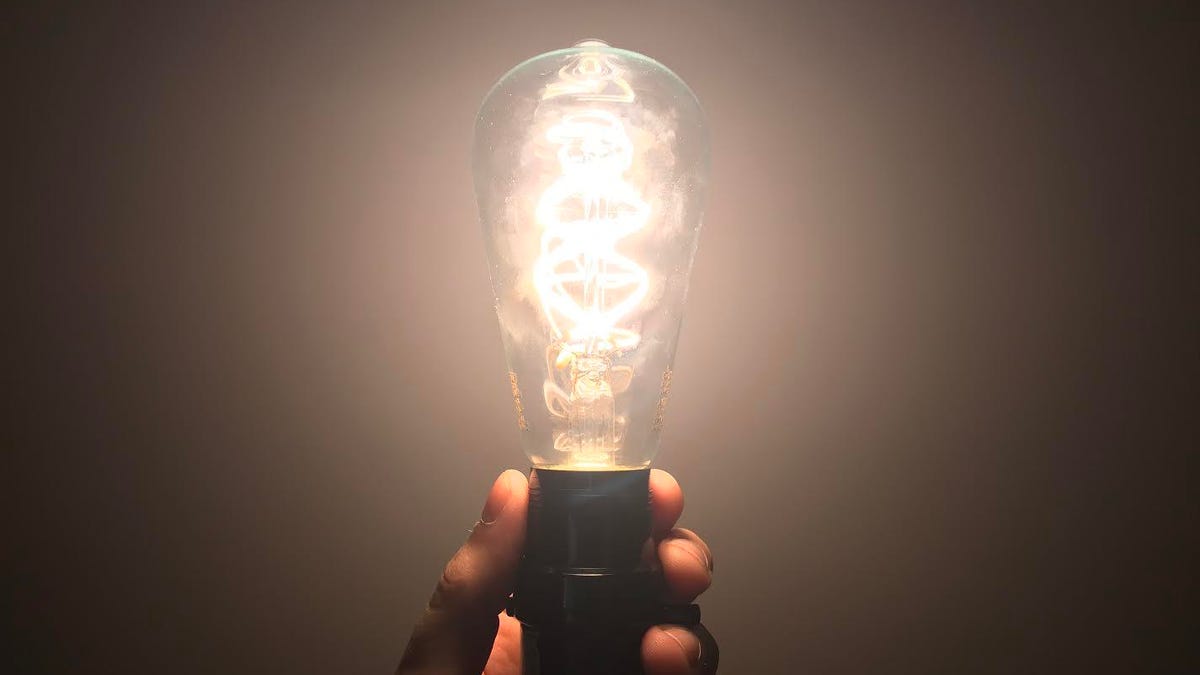



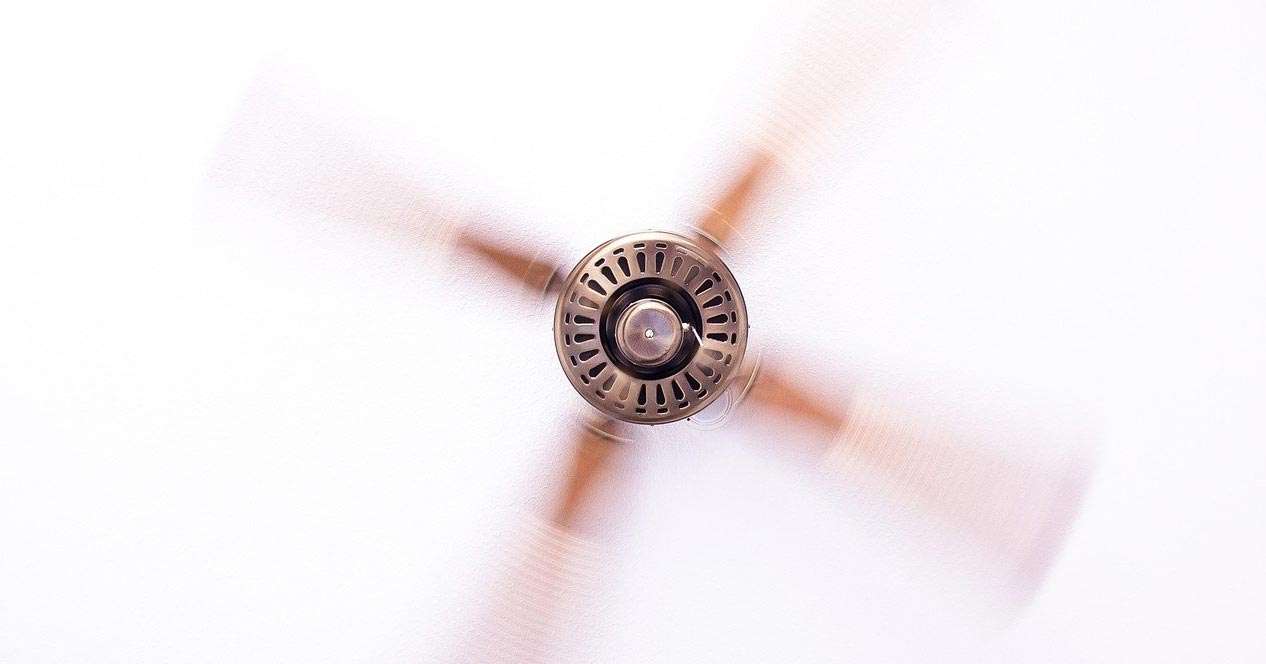
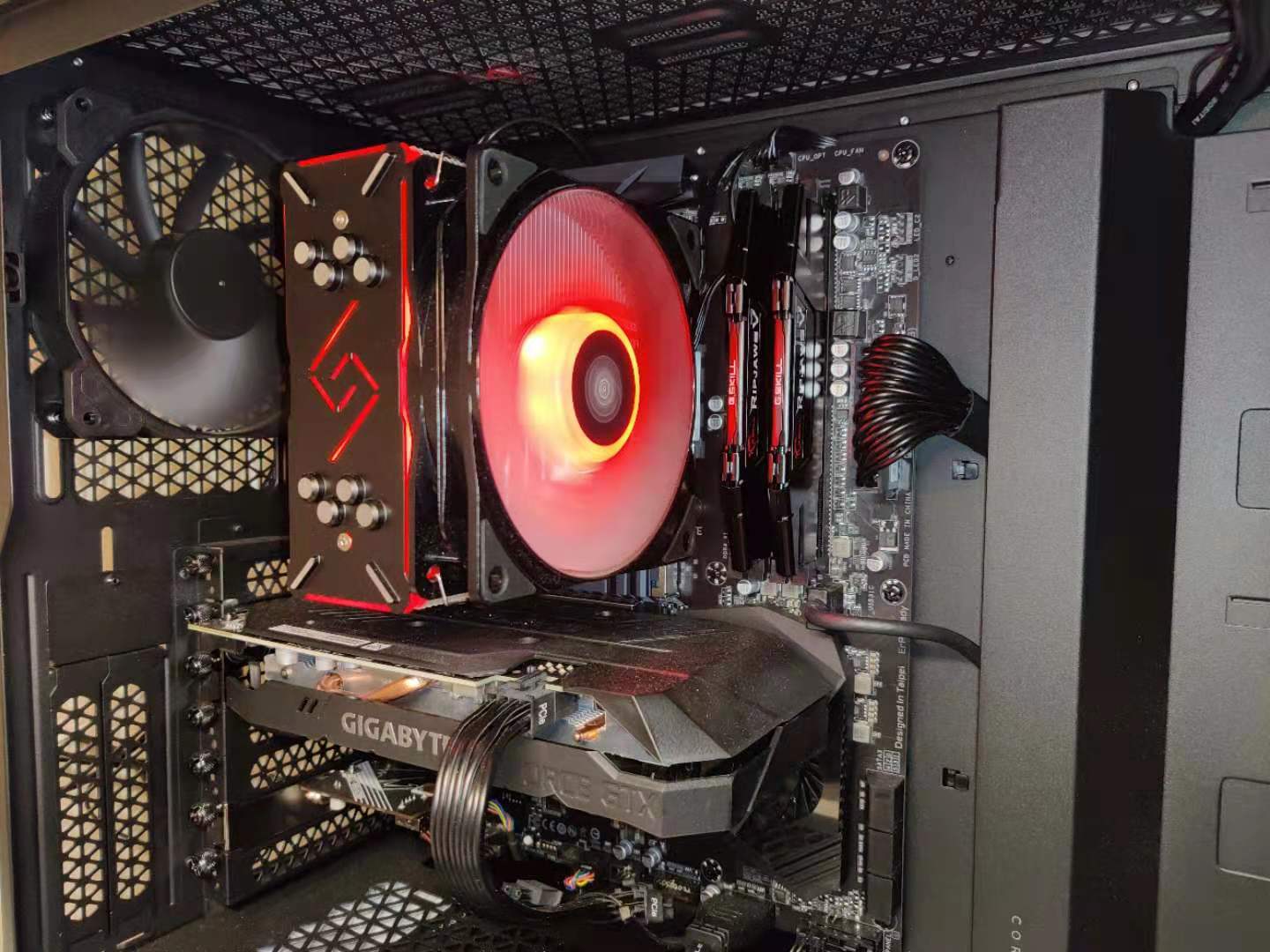
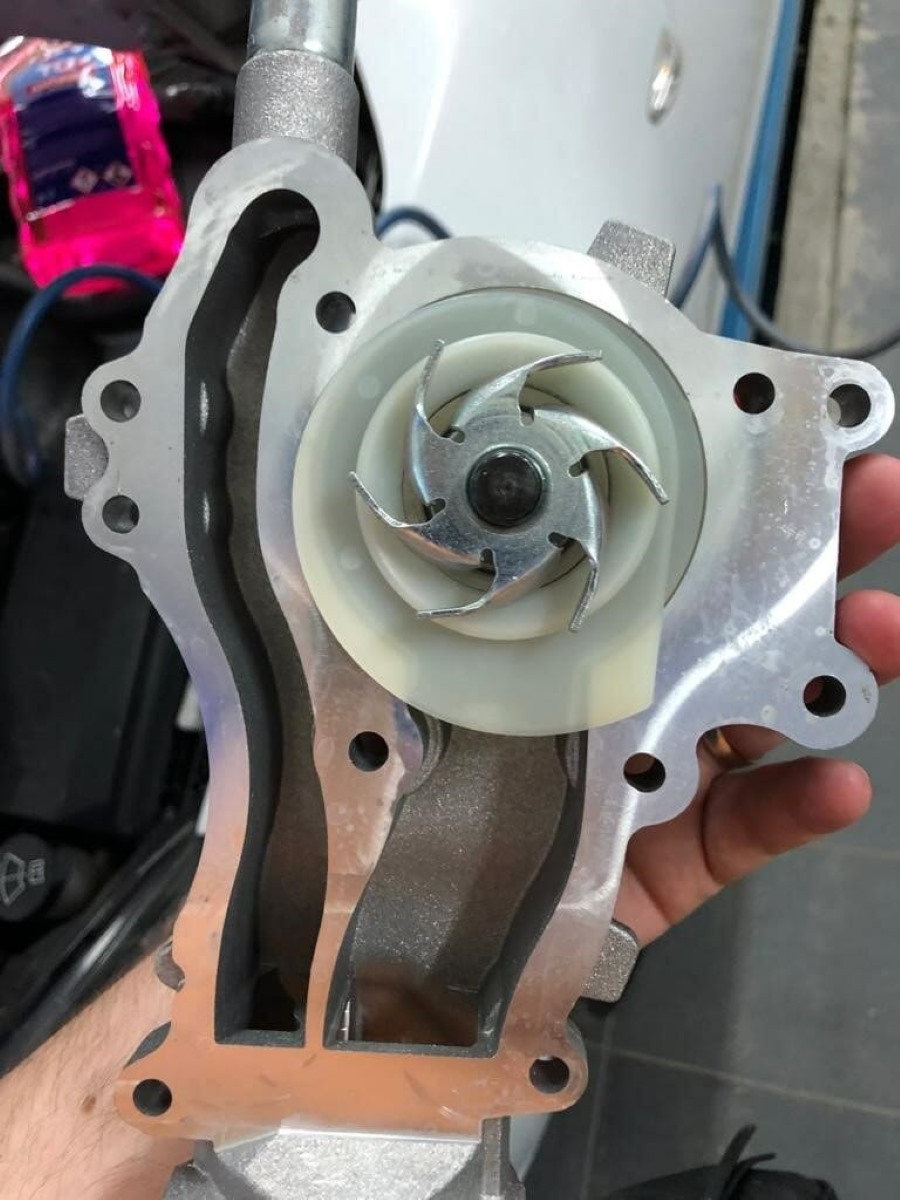
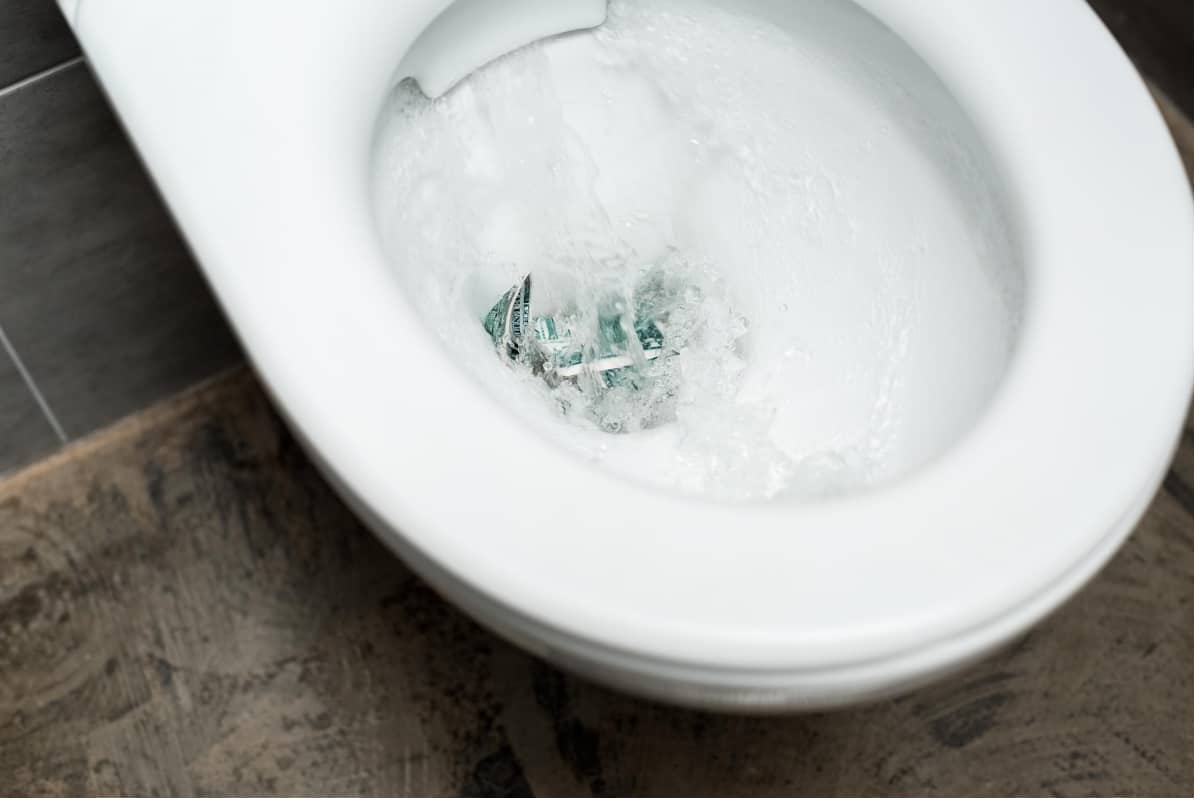

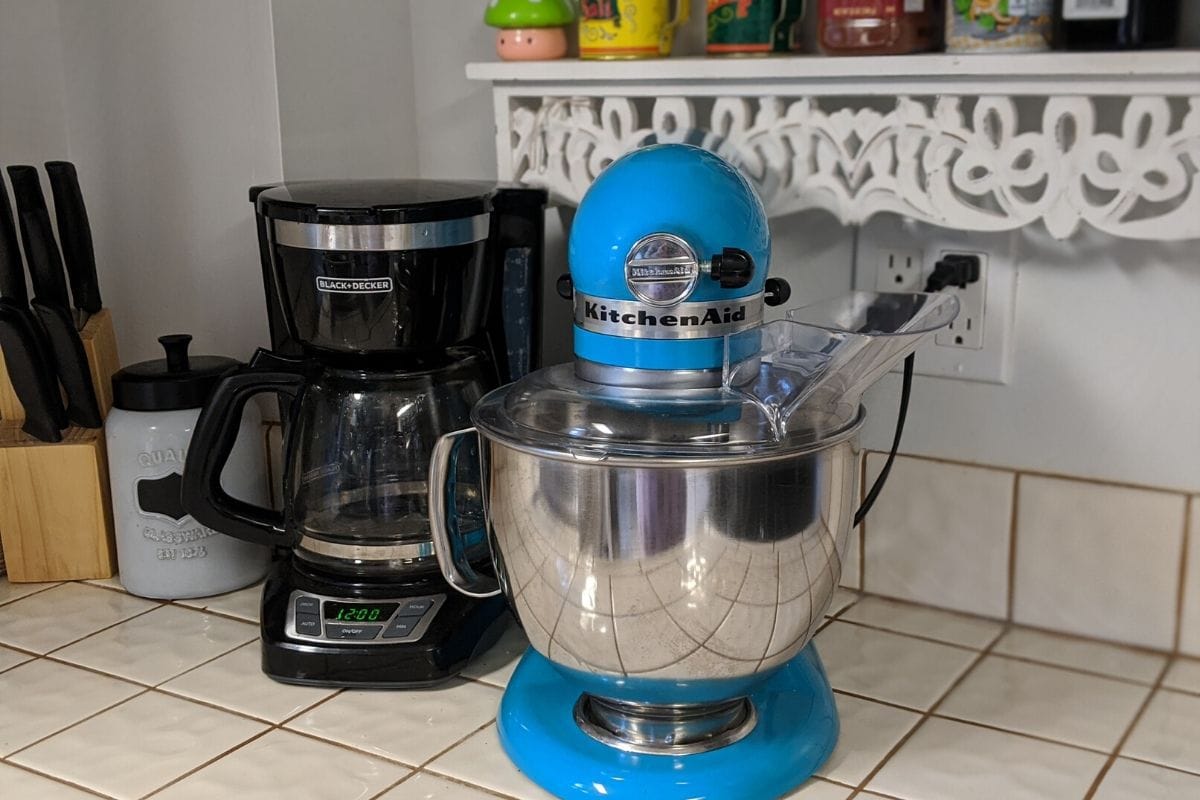
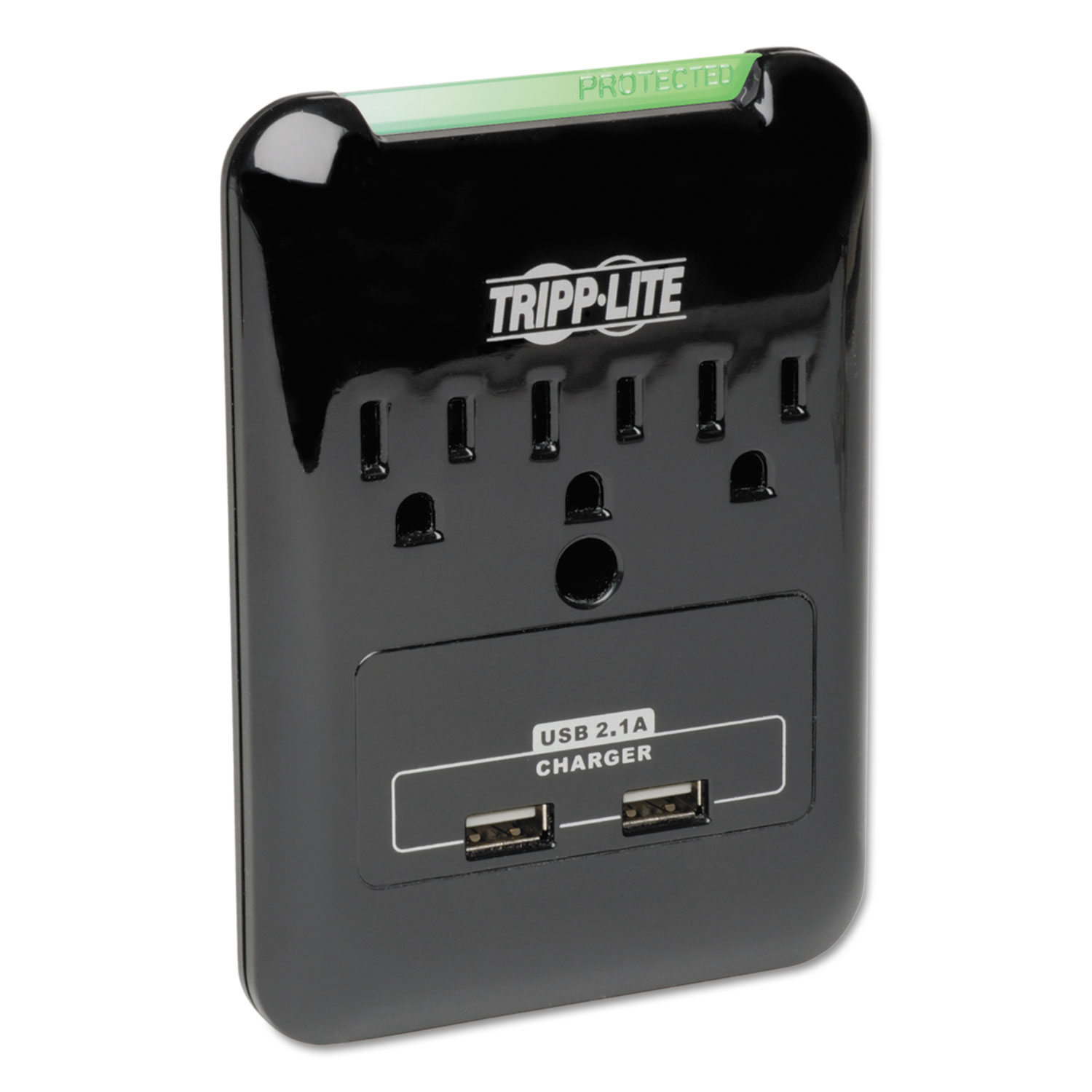
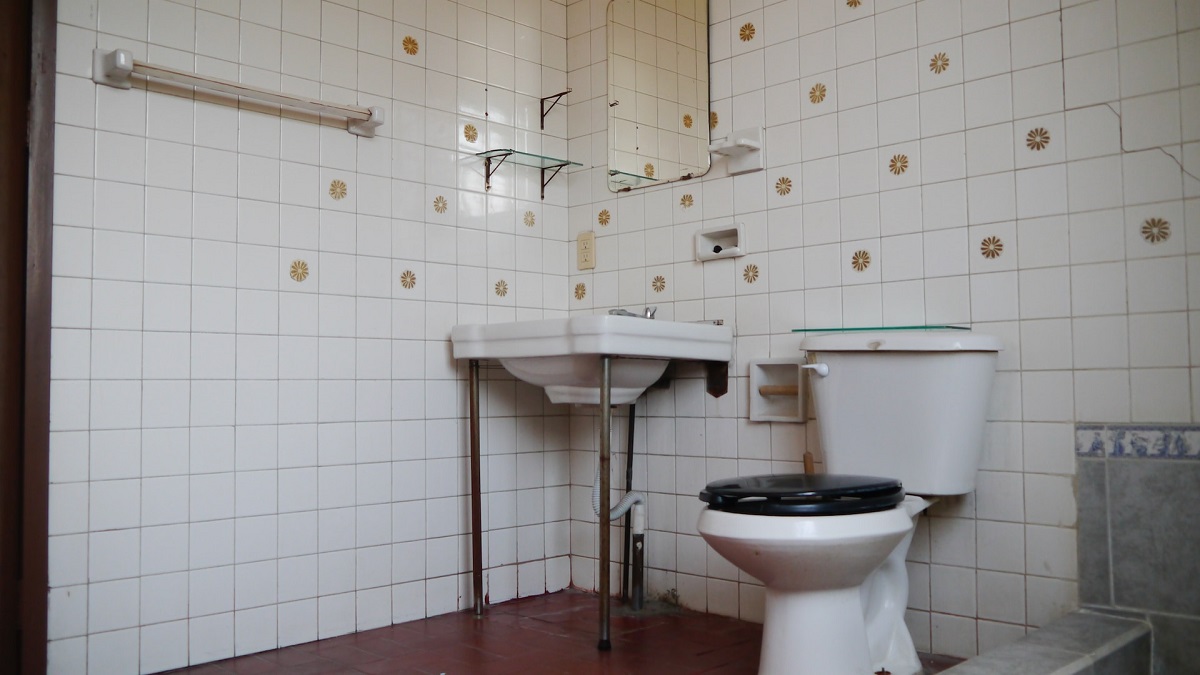

0 thoughts on “Why Is My AC Making A Buzzing Noise”